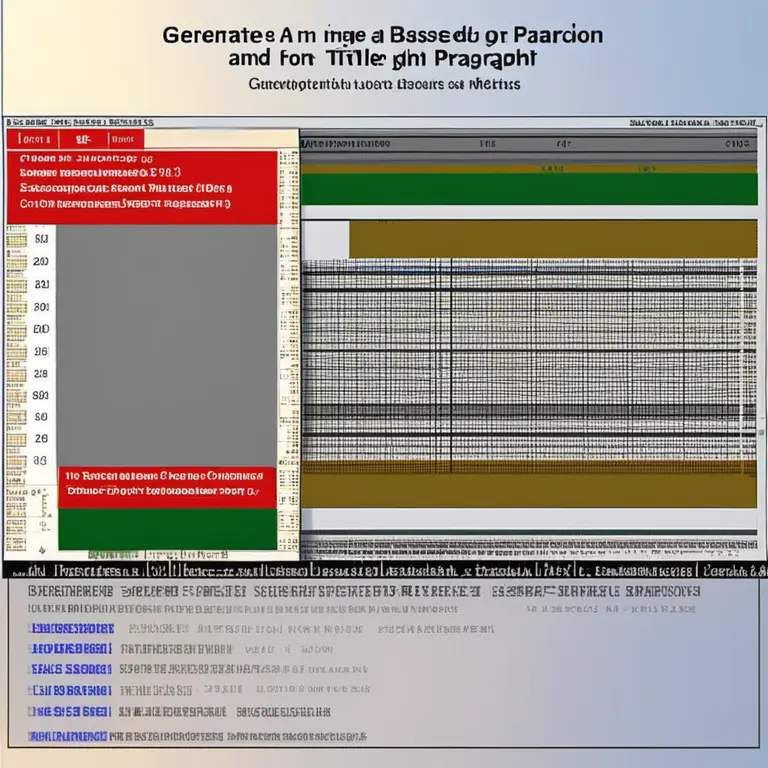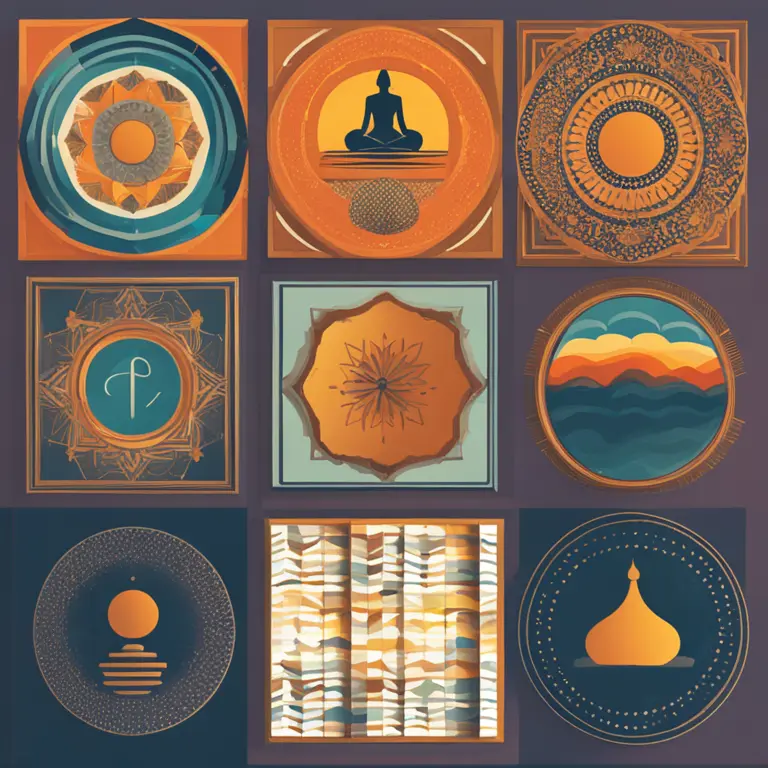
Body and Breath Mindfulness
Delve into the calming world of meditation with a focus on the mindfulness of body and breath, a fundamental practice for inner peace and awareness.
article by Hina Kurosawa
Introduction to Mindfulness
Meditation has long been a practice rooted in various traditions, purposed for enhancing a deep sense of personal awareness and peace. In our modern age, mindfulness meditation has emerged as a beacon of tranquility amidst the constant noise. Mindfulness meditation is not just a mental exercise, but a holistic engagement that bridges body and breath to nurture a focused and calm state of being. Incorporating this into daily routines can be transformative, offering a retreat from the tumult of the outside world and fostering an intimate connection with our innate rhythms.

The Essence of Body Awareness
The journey into meditation often begins with an awareness of the body. This practice invites individuals to experience their being in its totality, acknowledging every sensation without judgment. It is a conscious return to the physical self, which is frequently ignored in our daily hustle. Recognizing the body in meditation can unravel tension and lead to profound relaxation. The act of noticing - whether it’s the grounding of one's feet or the subtle tension in the jaw - is the first step toward cultivating mindfulness and harmony within.

The Role of Breath in Meditation
Breath is the life force that sustains us, yet it often goes unnoticed. Mindful breathing within meditation serves as a powerful anchor to the present moment. By focusing on the inhalation and exhalation, one can guide the mind away from distractions and toward a space of serenity. The rhythm of breath becomes a dynamic tool, not only drawing us into the present but also regulating the body’s responses to stress, fostering emotional balance and well-being.

Integrating Mindfulness into Daily Life
The beauty of mindfulness of body and breath is in its accessibility. Unlike some forms of meditation that require silence and seclusion, this practice can be integrated into any moment of your day. Whether seated at a desk or walking in nature, the simple act of paying attention to bodily sensations and the flow of breath can create a portable sanctuary. This practice offers a method of calming the mind and enhancing focus, vital skills in our fast-paced world.

The Compound Benefits of Consistency
Consistency in meditation amplifies its benefits. Incorporating mindfulness as a daily ritual has potential cumulative effects, such as increased self-awareness, improved mental clarity, and reduced anxiety. Regular practitioners often report better sleep patterns and an enhanced ability to cope with life's volatility. Over time, the body and mind can begin to anticipate the calming routine, making it easier to slip into a state of mindfulness with each practice.
Challenges and Overcoming Obstacles
Embracing mindfulness of body and breath is not without its hurdles. The mind can be restive, often resisting moments of stillness. Distractions, both internal and external, can fragment focus. It is important to approach these challenges with compassion and patience. Mindfulness is a skill honed over time, and like any other, it requires practice. When faced with resistance, gently remind yourself to return to the breath — it is your steadfast companion on this meditative journey.
Conclusion and Encouragement
As humanity journeys further into the future, the practices of old, such as meditation, remain timeless beacons of wisdom. Mindfulness of body and breath is more than a technique — it is an homage to the power of human consciousness and its capacity to find peace amidst chaos. May this practice be your guide to a life of heightened awareness and tranquillity. Start simple, be patient, and let the journey of mindfulness unfold at its natural pace.
Published: 1/18/2024
Modified: 1/18/2024
More predictions
Come back here soon to learn more about yourself and your future


The Art of Mindfulness Meditation: A Step-by-Step Guide
Discover the serene journey of mindfulness meditation—learn the art of presence and cultivate a more mindful, peaceful existence.


Mindful Teaching: Meditation Practices for Educators
Discover the benefits of mindfulness meditation for educators seeking balance, enhanced concentration, and emotional wellbeing in a demanding profession.


Mindfulness & Meditation: Enhancing Cognitive Flexibility
Discover how mindfulness meditation can foster cognitive flexibility, improving your ability to adapt to new situations and think creatively.